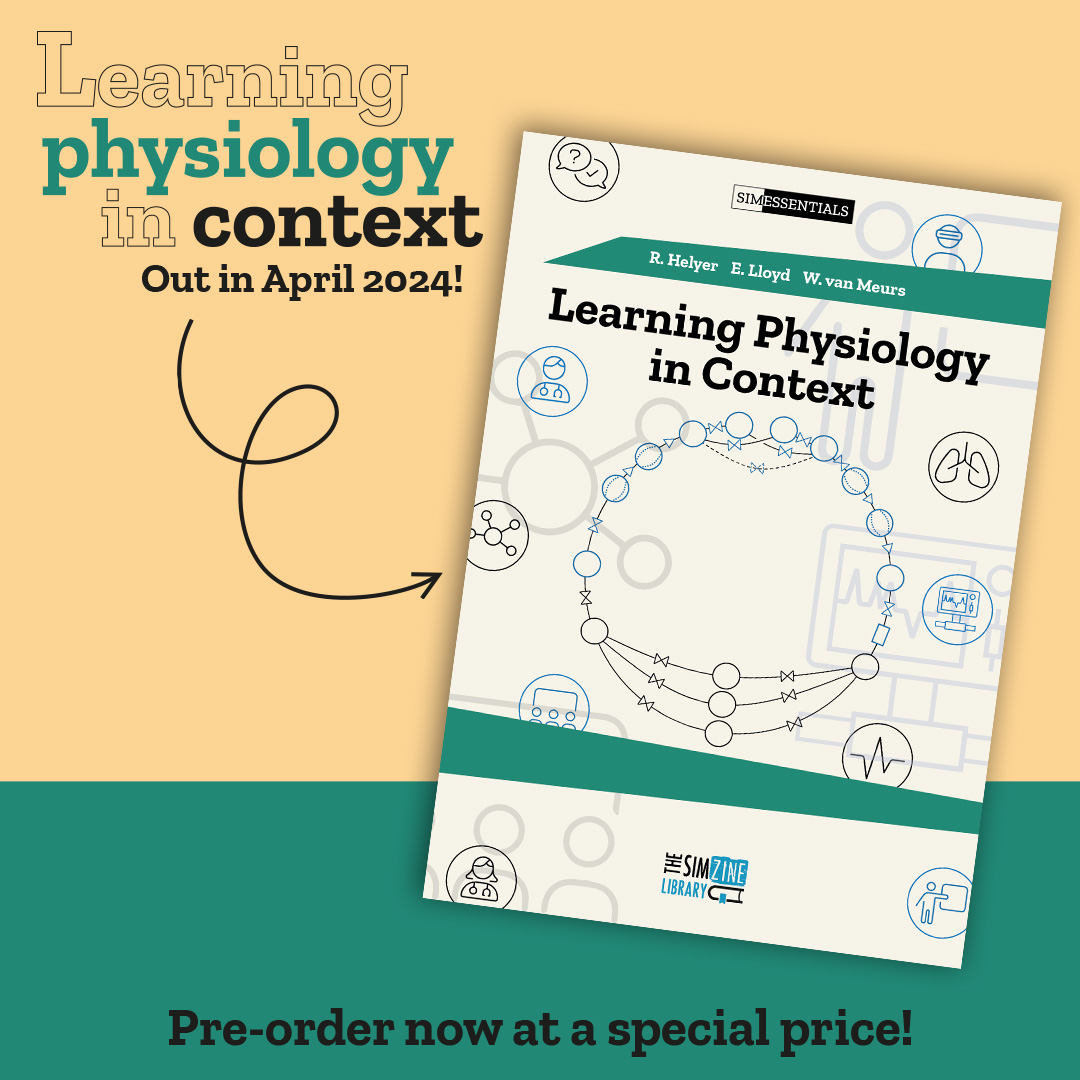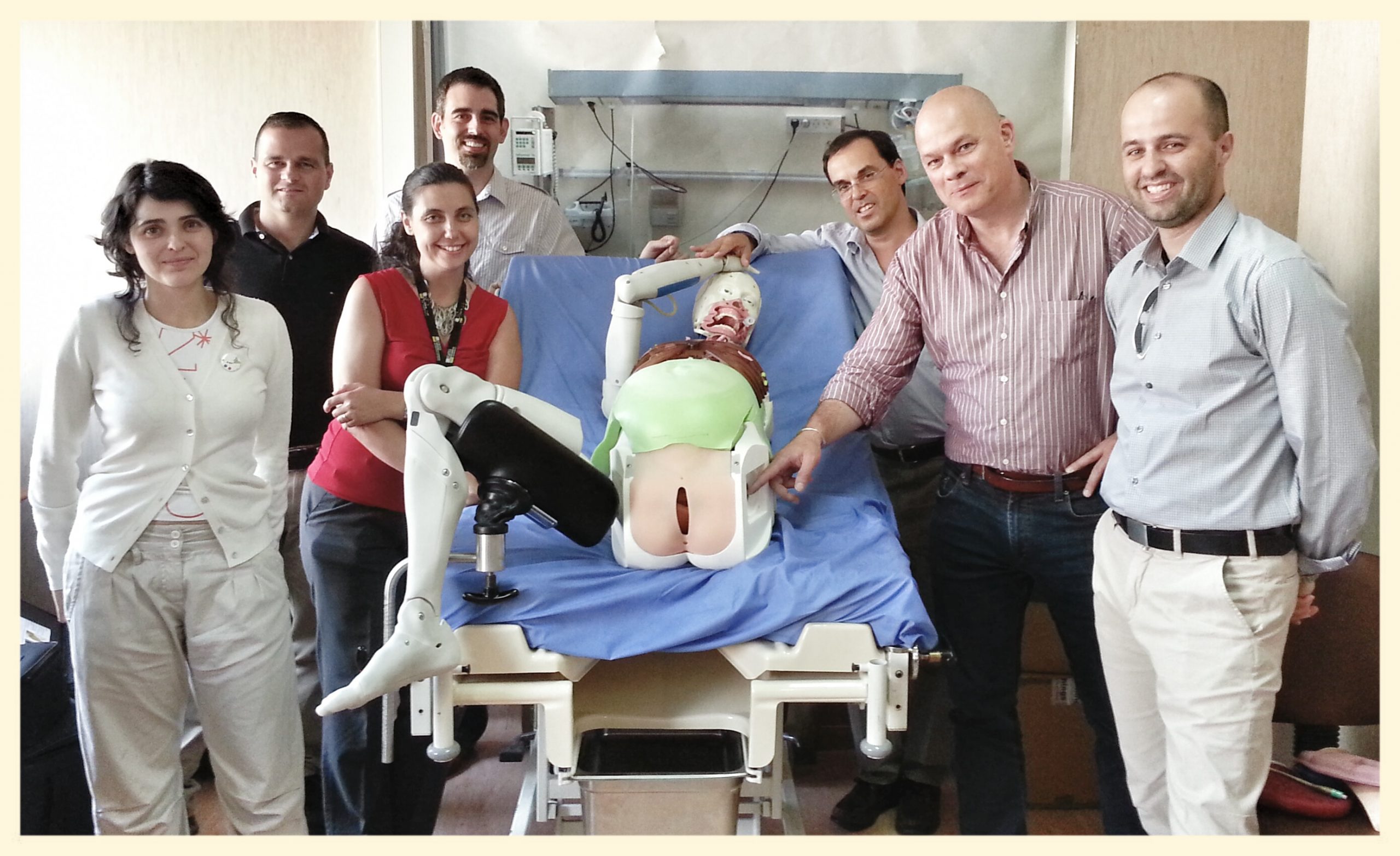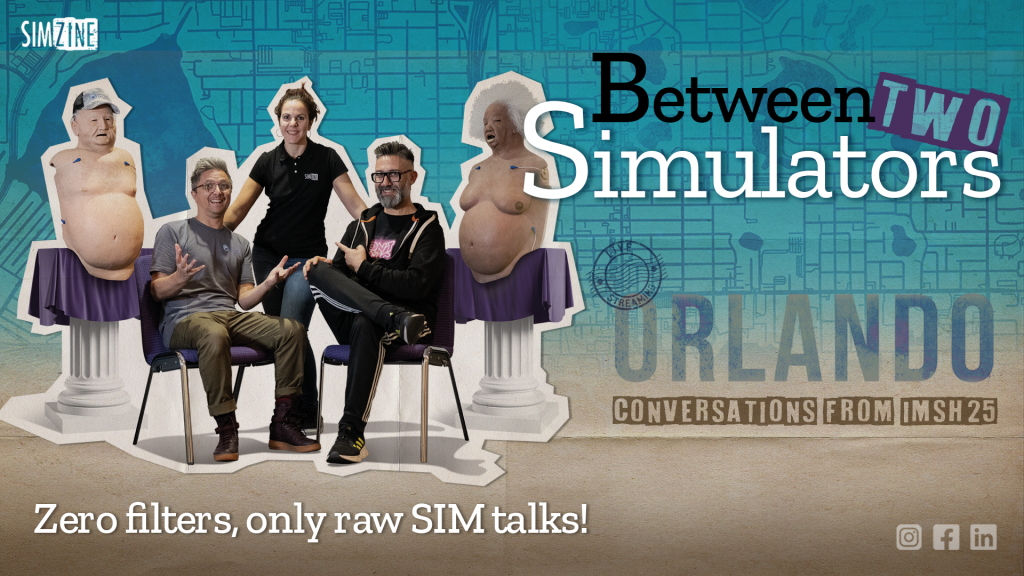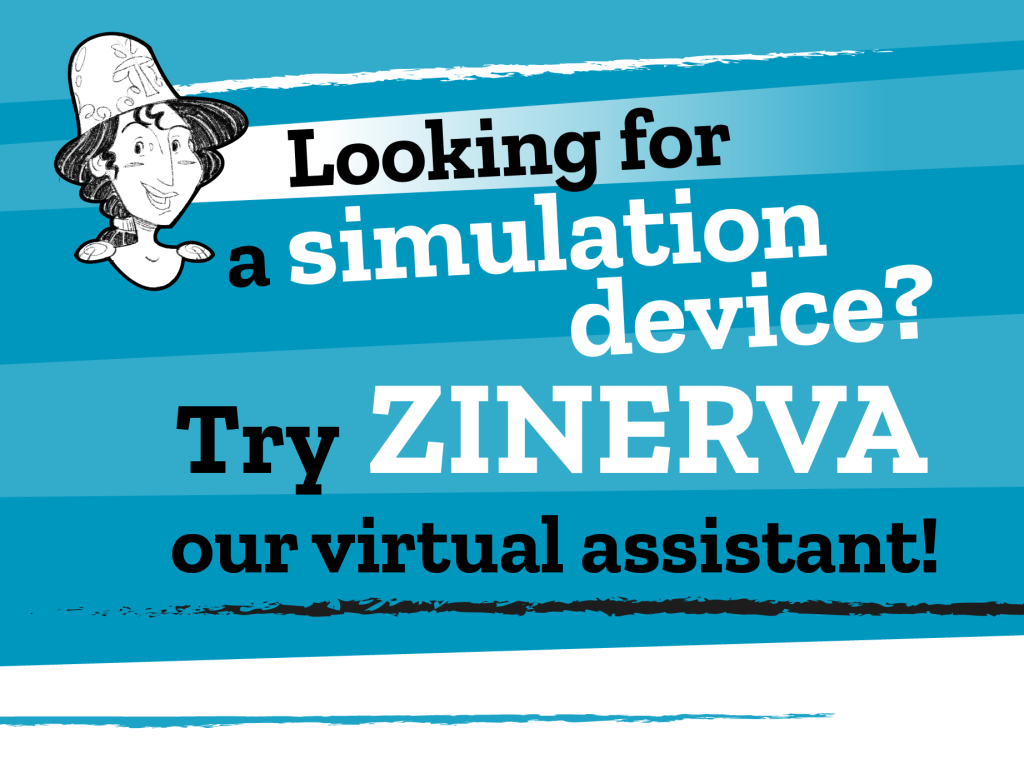A narrative description of the potential role of emotions in cognitive processes and in learning during simulation training.
Welcome back to our pub.
On this occasion, your master brewer proposes, once again, a meditation beer. It is a stoutproduced this year by a well-known Canadian brewery located near Ottawa.
Canadian teachers, while cooking the wort, analyzed the beliefs and experiences of simulation trainers who have different points of view on the subject of emotions. There are those who believe that, regardless of whether the emotion is positive or negative, it will lead to better learning. Those who think that there is a correct “level” of emotional involvement for learning, where too little is not enough, but too much is overwhelming. There are also those who believe that if information is encoded in a state of stress, learners will be better able to consolidate this information and retrieve it later under similar circumstances. Conversely, there are those who argue that too much anxiety creates unsafe learning environments and compromises what is remembered and learned.
At the end of the wort cooking, the brewers provide an overview of the state of research on emotions, cognitive processes and learning, in order to better understand the potential role of emotions in simulation-based training.
An essential process for learning is attention. Since our attention span is limited, we prefer to pay attention to information that is consistent with our emotional state. If we extend this to the simulation environment, a student who is anxious to be observed in a session is likely to pay more attention to the observer’s reactions than to the details of the setting.
A second essential process for learning is memory. Emotions affect both what we remember about an event and our ability to recall information while experiencing a stressful situation. When stress is experienced immediately before or during the encoding of new information, memory will be enhanced. Conversely, if the stress occurs 30 minutes before new information is encoded, memory for that new information will be compromised.
An important point is that the quantity is not equal to the quality of the information that is stored. Strong emotions may be associated with an incorrect reconstruction of the past. Memory is not a true snapshot of a previous event. Rather, it partially reconstructs itself based on our scripts, which are mental representations of what usually happens in a particular type of situation based on our experience. Research shows that when people are exposed to a highly negative event, their memories tend to rely more on this reconstruction process.
Emotions can also have an impact on the student’s motivation and effort to understand educational problems and on his/her perseverance in the face of challenges, equally important elements for learning. In the simulation environment, the emotions experienced by the participants can influence their motivation to learn from a session. Students who experience negative emotions because they find they can’t do something may be motivated to try harder and read more about the topic. In contrast, students who experience negative emotions, because they feel they have been misled by the facilitator, may be less motivated to participate and are unlikely to attempt to learn more about the topic.
The teachers conclude that the main goal of the simulation trainers is to ensure that the students follow through and learn from the educational points that are highlighted in the simulation session. The effects of emotions on learning and problem solving present a major dilemma. On the one hand, we are tempted to explicitly manipulate our simulation scenarios to activate emotions, in the hope that we can connect them with the critical aspects of learning and thus improve our students’ memory. On the other hand, based on still contradictory data from the literature, we often try to downplay the emotional elements of simulations, believing that they create more havoc than anything else. Both tendencies carry great risks: if we try to manipulate emotions explicitly, this could backfire due to its effects on attention, memory, cognitive flexibility and motivation. On the contrary, it would be a mistake to ignore emotions and focus on the more “rational” cognitive elements of learning, since emotions are powerful and pervasive and any attempt to suppress or avoid them leads to a higher probability of developing symptoms of post-traumatic stress and a worse state of health.
More research is needed to better understand the interaction between emotions and our cognitive processes, both in the laboratory and in applied settings, but in the meantime, there are some actions that trainers can take to adapt emotions to simulation activities.
As we know, meditation beers have a fairly high alcohol content, which has led Canadian brewers to observe very interesting “effects”. Your brewmaster recommends going and directly “tasting” the “original beer” produced by fellow Canadians, who also provide some top tips on managing emotions for sim trainers.
I’ll see you at the next drink. I’m sure that with the arrival of the heat we’ll taste something more drinkable and less alcoholic.
See you soon,
your Master Brewer
READ THE ARTICLE
LeBlanc VR, Posner GD. Emotions in simulation-based education: friends or foes of learning? Adv Simul (Lond). 2022 Jan 20;7(1):3.
we prefer to pay attention to, remember and interpret the information that is consistent with our emotional state.
READ ALSO































